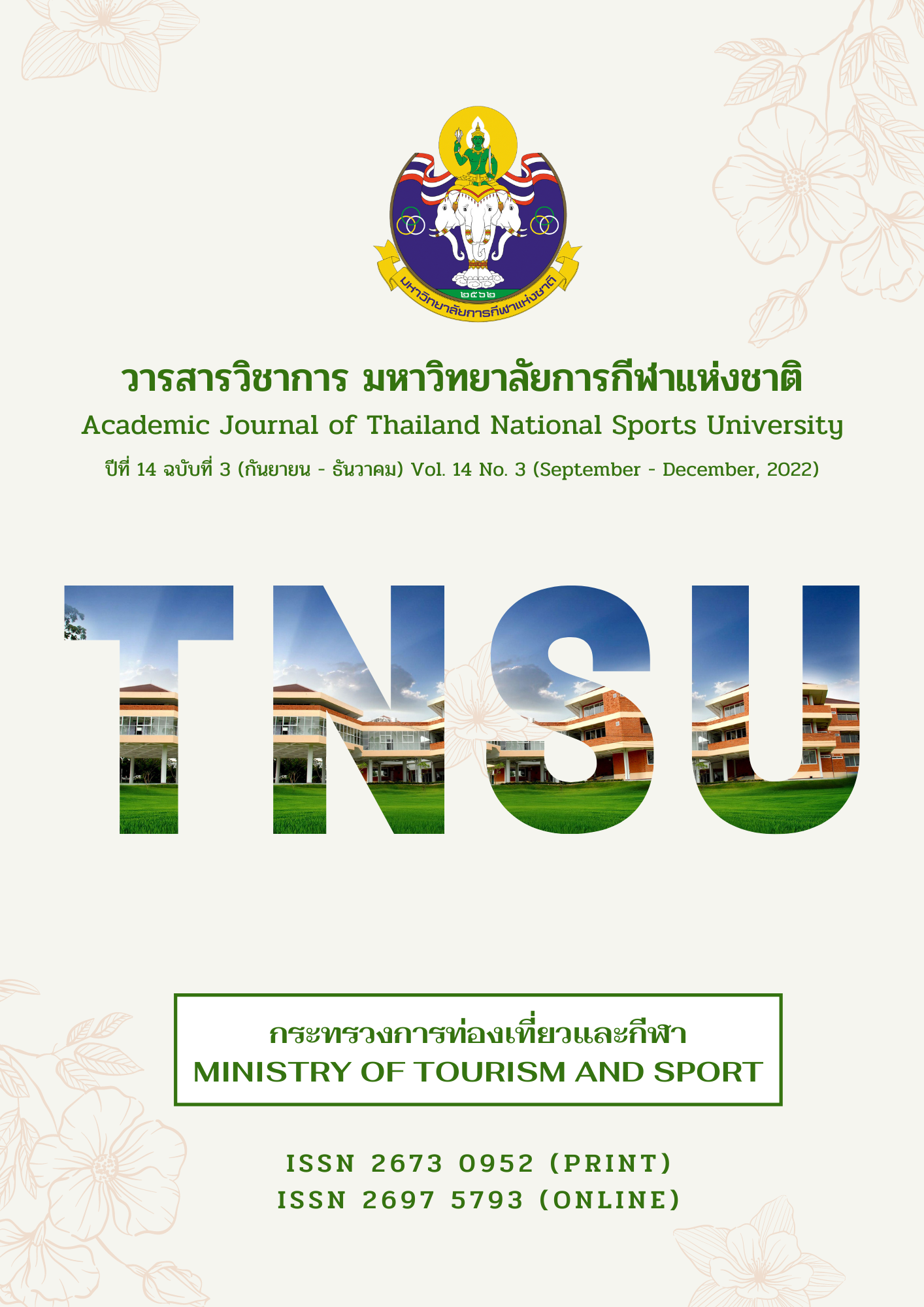FAMILY LEISURE IN MACAO
Main Article Content
Abstract
This study mainly discusses the relationship among leisure motives,leisure benefits, and experience values of Macao local families participating in outdoor leisure activities. The Leisure Motivation Scale was based on a scale suggested by Beard and Ragheb (1983). The Leisure Benefit Scale was based on a scale proposed by Bammel and Burus-Bammel (1982). The experiential value scale used the scale of
Mathwich, Malhotra and Rigdon (1994). This study was a quantitative research and data collection was by means of distributing the questionnaires to Macao families while participating at Macao Food Festival on November 2019. A total of 400 questionnaires were collected and only 380 were valid questionnaires. By using SPSS software to analyze the research data and drew the following conclusions: Firstly, there is a significant relationship between the leisure motivation and leisure benefits of parent-children participating in outdoor leisure activities in Macao; Secondly, there is a significant relationship between the leisure benefits and experiential value of Macao parent-children participating in outdoor leisure activities; Thirdly, there is a significant relationship between leisure motivation and experiential values of activities; In particular, leisure benefits play an mediator role between leisure motivation and experiential values.
Article Details

This work is licensed under a Creative Commons Attribution-NonCommercial-NoDerivatives 4.0 International License.
The published article is a copyright of the Academic Journal of Thailand National Sports University. The passage appeared in each article in this academic journal is a perspective of each author which is not related to the journal. Each author is required to be responsible for all components of his/her own article. If there are any mistakes, each author must be responsible for those mistakes on his/her own.
References
Bammel, G. & Burrusammel, L. L. (1982). Leisure and human behaviour. Leisure & Human Behaviour, 1(2), 3 - 11.
Beard, J. G., & Ragheb, M. G. (1983). Measuring leisure motivation. Journal of Leisure Research, 15(3).
Huang Huangjia. (2001). Research on the leisure benefits of breaking through leisure activities (Unpublished Master's thesis), Taiwan Normal University.
Holbrook, M. B. & Hirschman, E. C. (1982). The experiential aspects of consumption: Consumer fantasies, feelings and fun. Journal of Consumer Research, 9(2), 132 - 140.
Iso - Ahola, S. E. & Mannell, R. C. (1985). Social and psychological constraints on leisure. Social and Psychological Constraints on Leisure, 13(7), 111 - 151.
Iso - Ahola, S. E. (1989). “Motivation for leisure”. In Understanding leisure and recreation: Mapping the past, charting the future, Jackson, E. L. and Burton, T. L., Ed.), 247 – 280. State College, PA: Venture Publishing.
Kelly, J. R. (1978). Family leisure in three communities. Journal of Leisure Research, 10(1), 47.
Kelly, J. R. (1987). Freedom to be: A New Sociology of Leisure. New York: MacMillan.
Kelly, J. R. (1990). Leisure and aging: A second agenda. Society and leisure, 13, 145-167.
Kelly, J. R. (1996). Leisure. Needham Hights, 12(2), 17 - 25.
Macao Statistics Bureau. (2019). Tertiary industry in Macao. Retrieved from https://www.dsec.gov.mo/zh-MO/
Mathwick, C., Malhotra, N. & Rigdon, E. (2001). Experiential value: Conceptualization, measurement and application in the catalog and Internet shopping environment. Journal of Retailing, 77(1), 39 - 56.
Raymore, L. A. (1995). Leisure behaviour and the transition from adolescence to young adulthood. Leisure Studies, 14(3), 202 - 216.
Sharaievska, I., & Stodolska, M. (2017). Family satisfaction and social networking leisure. Leisure Studies, 36(2), 231 - 243.
Tinsley, B. R., & Parke, R. D. (1984). Grandparents as support and socialization agents. Beyond The Dyad, 11(3), 72 - 95.
World Bank. (2019). Macao SAR, China Retrieved from https://data.worldbank.org.cn/country/macao-sar-china?view=chart
Xinhui L. (2002). Research on the effect of interpretation effect on the experience of leisure benefit - taking mountaineering behavior as an example. National Taiwan Normal University, Taipei.
Yamane, T. (1973). Statistics: An introduction analysis. Harper & Row.
Zeithaml, V. A. (1988). Consumer perceptions of price, quality, and value: A means-end model and synthesis of evidence. Journal of Marketing, 52(3), 2 - 22.


